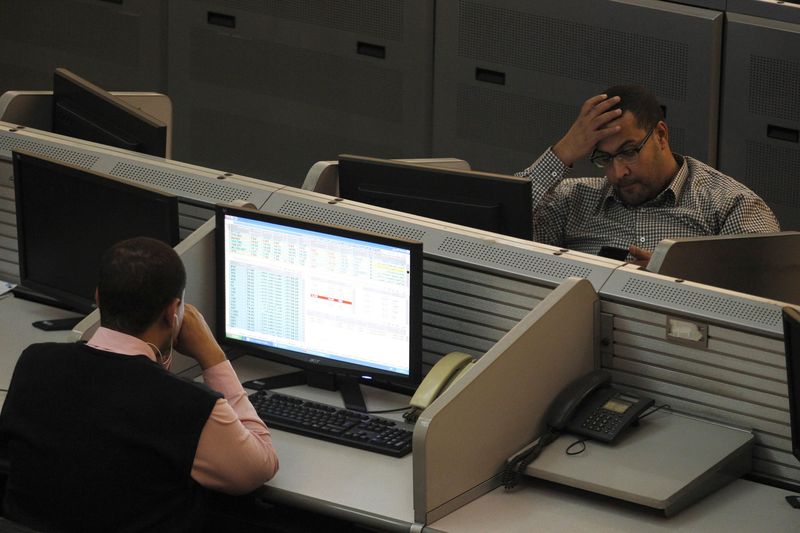Global equity funds saw significant inflows of $25.6 billion in the week to June 12, the biggest inflows since March, Bank of America said in a report on Thursday.
Technology funds led the charge, with record-breaking weekly inflows of $8.7 billion, pointing to a trend BofA analysts called “AI capitulation.”
US stocks experienced their ninth consecutive week of inflows, with a total of $20.4 billion. Meanwhile, European stocks continued to struggle, experiencing $1 billion in outflows for the fifth week in a row.
Strategists noted that while there is strong interest in AI investments, there are also concerns about the risks of stock concentration. They highlighted that the “all roads lead to Nvidia” trade was “reinforced by another stock alternative to faltering US technology (Europe).”
Meanwhile, emerging market (EM) stocks enjoyed a third week of inflows, raising $1.6 billion, and Japanese stocks saw a resumption of inflows with $600 million.
Bond funds also performed robustly, recording inflows of $6.4 billion for the 26th consecutive week. Investment grade bonds attracted $5 billion, marking the 34th week of inflows, while U.S. Treasuries saw inflows of $1.2 billion for the seventh straight week.
However, high yield bonds saw renewed outflows, losing $200 million, and emerging market debt continued to flow in the second week, with $500 million disappearing from the asset class. Outflows from bank loans also increased again, with 300 million dollars being withdrawn.
In addition to the technology sector, US growth funds also had a record week, with returns of $11.9 billion. Meanwhile, other areas faced significant outflows. For example, money market funds (MMF) saw clear outflows of $15.8 billion, crypto funds saw $400 million in outflows and gold funds lost $300 million.
In terms of regional flows, China stood out with an inflow of $1.3 billion, which was the largest two-week inflow since February, with a total of $3.3 billion. These inflows contrast with ongoing challenges in Europe and indicate shifting investor sentiment towards more promising markets.


